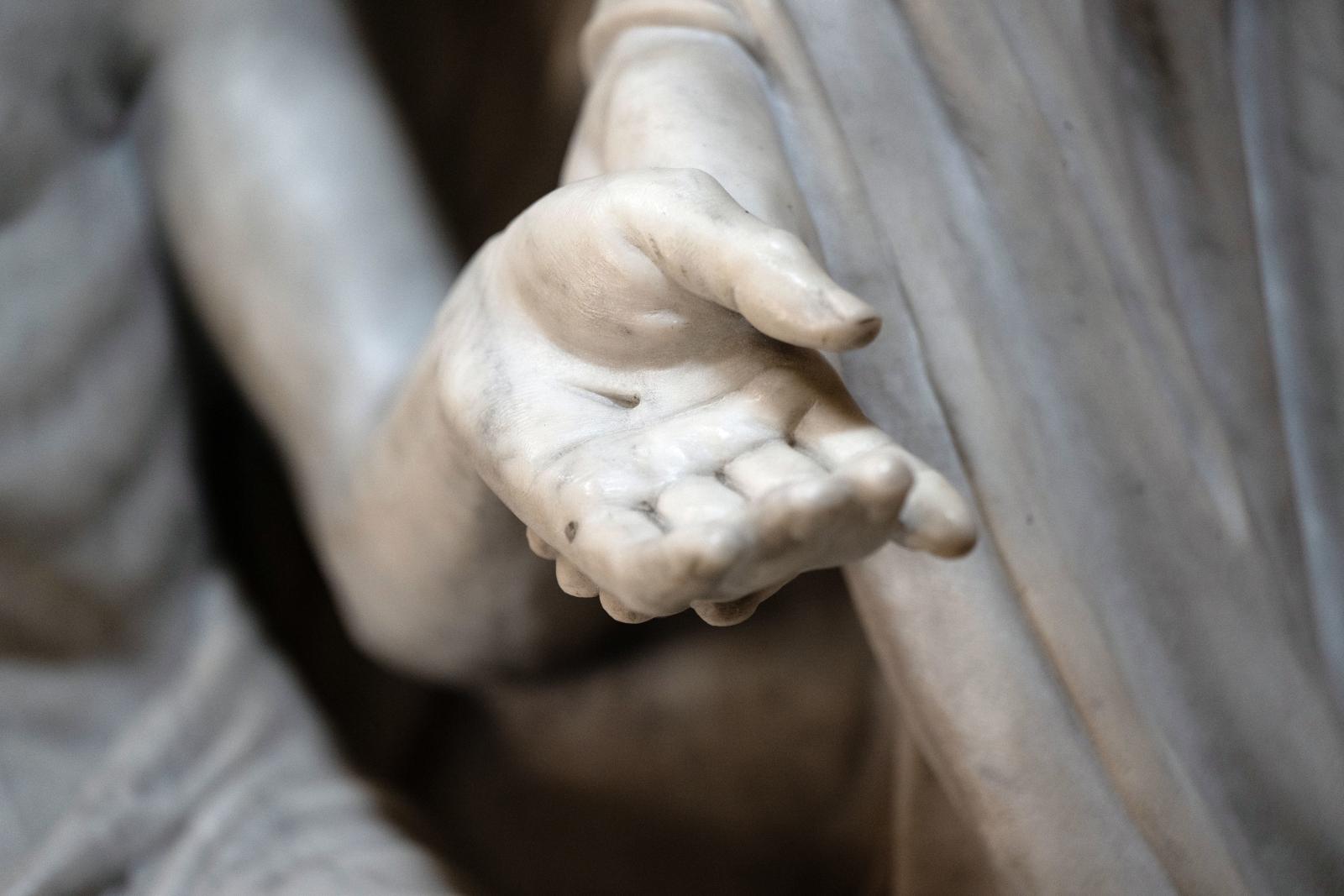A nationwide project to encourage local action against human trafficking and modern slavery in partnership with police and statutory agencies was launched at Our Lady Immaculate and St Andrew Parish, Hitchin on 30th November.
The project aims to mobilise local communities across the United Kingdom to recognise and report the signs of human trafficking to the police and call on all government agencies to ensure their neighbourhoods become slave-free.
Hitchin was chosen as the launch for this nationwide project as it has had a long association in the struggle against slavery. It was one of the first towns to set up its own anti-slavery society in 1825, following leading abolitionist Thomas Clarkson setting up the first national society. A monument to Clarkson was erected in nearby Wadesmill, Hertfordshire in recognition of the place where he famously devoted his life to fight slavery in 1785 while resting on his way to London from Cambridgeshire. Freed slave and leading abolitionist Henry Garnett also visited Hitchin in 1850 in recognition of the town’s place in the movement to abolish slavery.
The Hitchin event was organised by the Santa Marta Group (SMG) and the Diocese of Westminster.
Cardinal Vincent Nichols, President of the Santa Marta Group, said: ‘This crime against humanity damages individuals and communities everywhere, for these victims of human trafficking are not remote; they are in our midst, in our local communities here in the UK.
‘We are all part of this endeavour. Individuals and local communities can change events through what we do and what we demand is done by the police, government agencies and businesses in our neighbourhoods. I appeal to all of you to take up this challenge.
‘The resources, prepared by the Santa Marta Group, will inform you about human trafficking and show what you can do to bring about the changes that will end this evil trade and help to restore freedom and dignity to so many of our brothers and sisters.’
The Hitchin event was the first step in a process to enhance awareness and understanding of human trafficking and modern slavery around Catholic parishes and other local community groups, and to provide training on how to use their individual and collective voices to increase actions in countering this horrific crime in their localities and improve services for victims. It was the first in a series in the Hertfordshire area and across the UK that will continue over the coming year.
The United Nations currently estimates there are 50 million people trafficked across the world, making over $150bn in profits for criminal gangs. In the UK alone last year 17,000 victims of trafficking were identified, with around 40% being children and 25% of victims being UK nationals. The scale of this crime against humanity led to the United Nations Sustainable Development Goal (SDG 8.7), which calls for immediate action by all UN members to eradicate forced labour, end modern slavery and human trafficking, and eliminate the worst forms of child labour by 2030.
By initiating the conversation and equipping local communities with knowledge on how to spot and combat human trafficking and modern slavery within their own communities, the UK will be brought one step closer to eradicating this crime and fulfilling the aims of SDG 8.7.
The Santa Marta Group was set up in 2014 when Pope Francis asked Cardinal Vincent Nichols to lead the work to end human trafficking and modern slavery as an important mission for the Catholic Church across the world. SMG now has partners in over 40 countries, working with leaders in police, the justice system, diplomats, business as well as local communities.
SMG’s new ‘Guidance and Awareness Handbook’ for parishes provides ideas and suggestions on increasing prevention, protection, support to victims, and accountability led by communities but delivered by statutory agencies.
Photo: Mazur/CBCEW.org.uk




